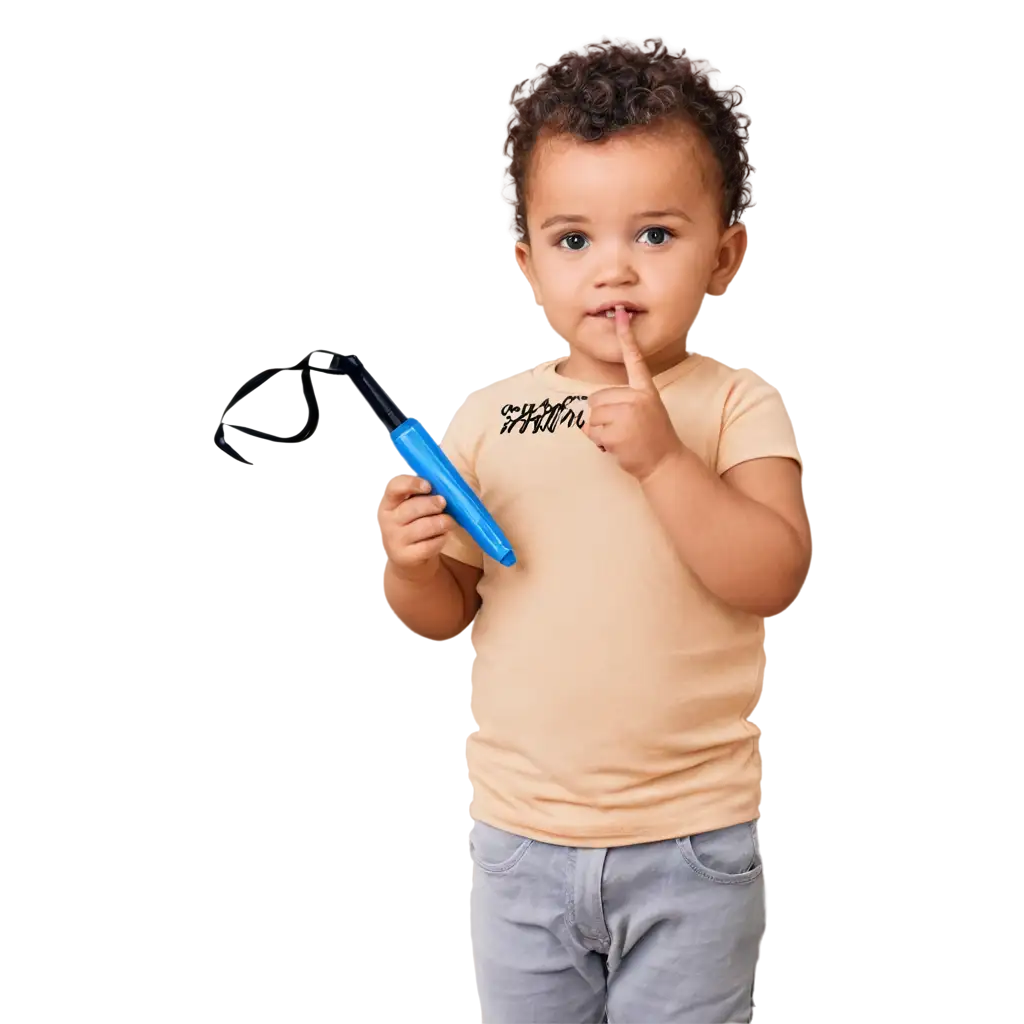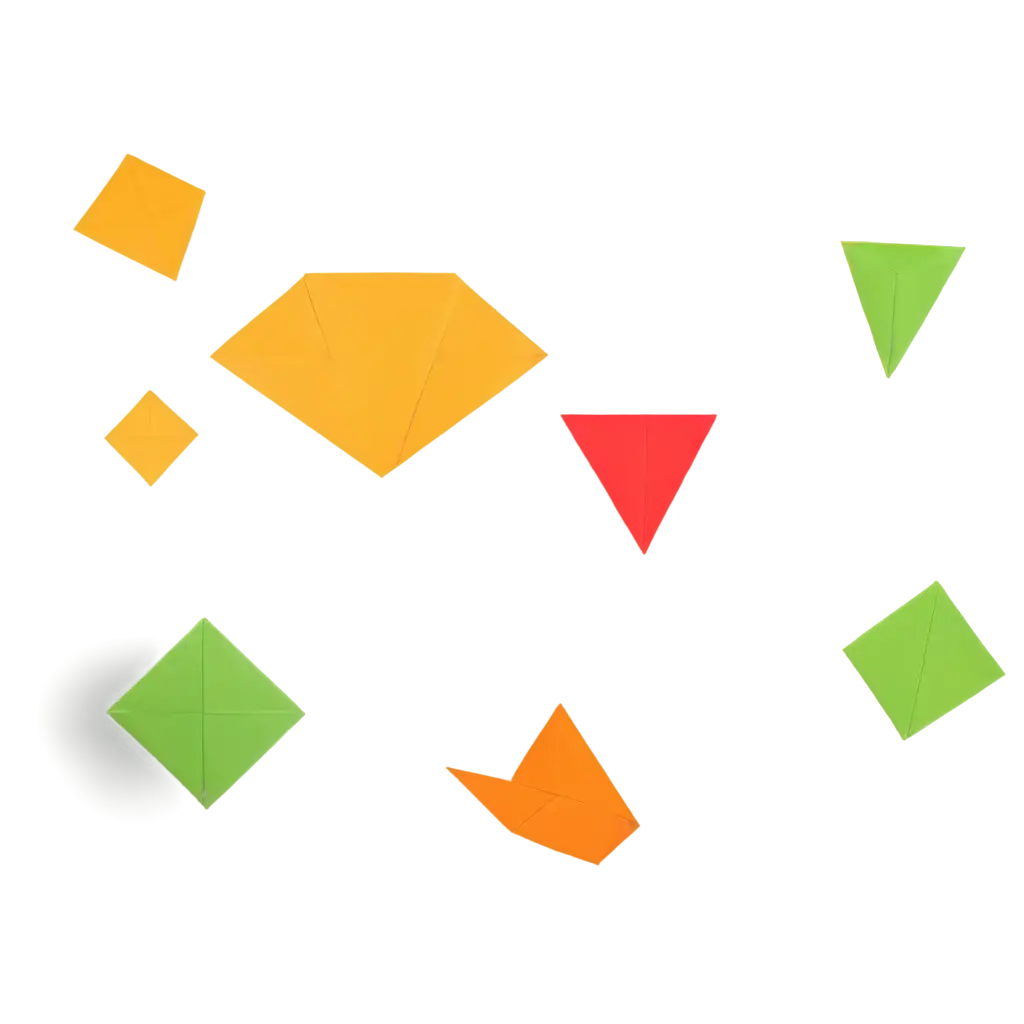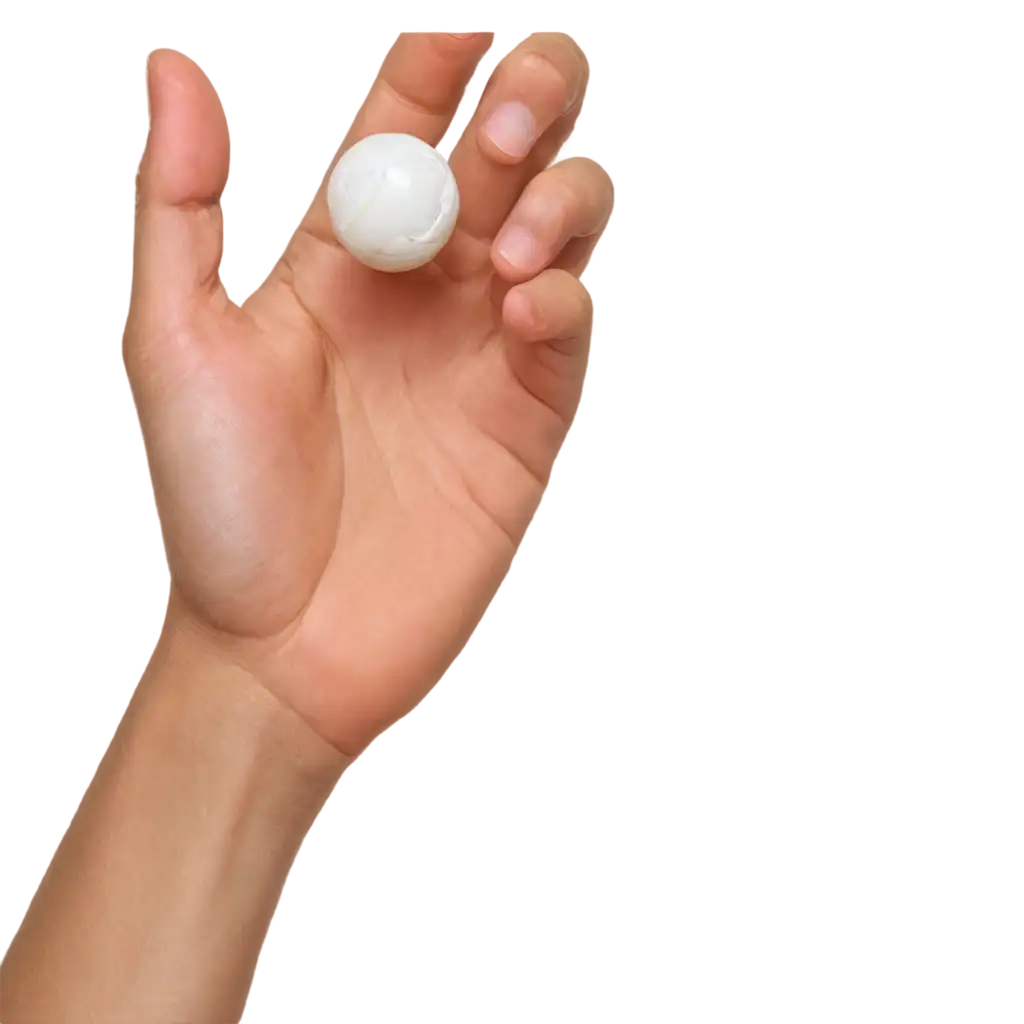4 Free Fine motor skills transparent PNG images
Welcome to our Fine Motor Skills image collection, featuring 4 free AI-generated images. Explore a diverse array of stock photos, 3D objects, vectors, and illustrations related to fine motor skill development and activities. Enjoy high-resolution downloads and use our 'open in editor' feature to customize prompts for your perfect image.




Related Tags
Fine motor skills refer to the coordination of small muscles in movements—usually involving the synchronization of hands and fingers with the eyes. These skills are crucial for performing everyday tasks such as writing, buttoning clothes, and using utensils. The development of fine motor skills begins in infancy and continues through early childhood, playing a vital role in a child's overall development. Mastering these skills is essential for academic success, self-care, and eventually, professional competence in many fields.
Understanding Fine Motor Skills: Definition and Importance
Numerous activities and tools can help develop and refine fine motor skills. These include threading beads, playing with playdough, cutting with scissors, coloring, and assembling puzzles. Educational toys like building blocks, pegboards, and shape sorters are also excellent for promoting dexterity. In recent years, digital apps and touchscreen devices have introduced new ways to practice these skills, though experts recommend a balance with traditional hands-on activities. Occupational therapists often use specialized tools and exercises to help children who struggle with fine motor skill development.
Activities and Tools for Enhancing Fine Motor Skills
Fine motor skills play a crucial role in a child's overall development and educational journey. In early education, these skills are fundamental for learning to write, draw, and manipulate objects—all essential for academic progress. As children grow, well-developed fine motor skills contribute to their ability to perform in subjects like art, science (handling lab equipment), and technology (using computers). Moreover, these skills are closely linked to cognitive development, as the manipulation of objects helps children understand spatial relationships and problem-solving. Educators and parents increasingly recognize the importance of incorporating fine motor skill activities into both curriculum and playtime.
The Role of Fine Motor Skills in Child Development and Education
The future of fine motor skill development is likely to see a blend of traditional methods and technological innovations. Virtual and augmented reality technologies are being explored to create immersive environments for practicing fine motor skills. Adaptive learning systems using AI could provide personalized exercises based on a child's progress. However, there's also a growing emphasis on 'back-to-basics' approaches, with a renewed interest in handwriting and hands-on crafts. As our understanding of neurodevelopment advances, we may see more targeted interventions for fine motor skill enhancement, potentially benefiting individuals with developmental disorders or recovering from injuries.
Future Trends in Fine Motor Skill Development